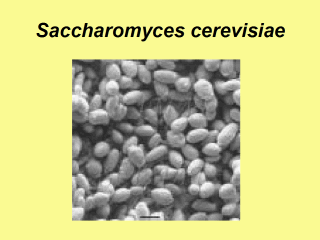 |
My research career
has been motivated by a desire to understand cancer. Each time I have
identified an intriguing aspect of the cancer problem, I have found that it
could be approached more effectively in the simpler eukaryotic cell,
Saccharomyces cerevisiae, than the human cell. Each time the yeast cell
has revealed some of its secrets. I will relate four vignettes involving
studies on the genetics of cell division, the control of genome fidelity,
therapeutics for cancer and the role of natural genetic variation in disease
susceptibility. In the first two instances, yeast has told us something that
is relevant to mankind. For the other two, it is too soon to tell. Since
cell division was an essential process, I set out isolating
temperature-sensitive mutants that could grow at room temperature but not at
36C. We isolated about a thousand mutants and characterized each for
protein, RNA, and DNA synthesis, cell division, and cell morphology
following a shift from the permissive to the restrictive temperature.
Although most of the mutants had unremarkable phenotypes, a significant
number behaved as if defective in a specific one of these processes. |
